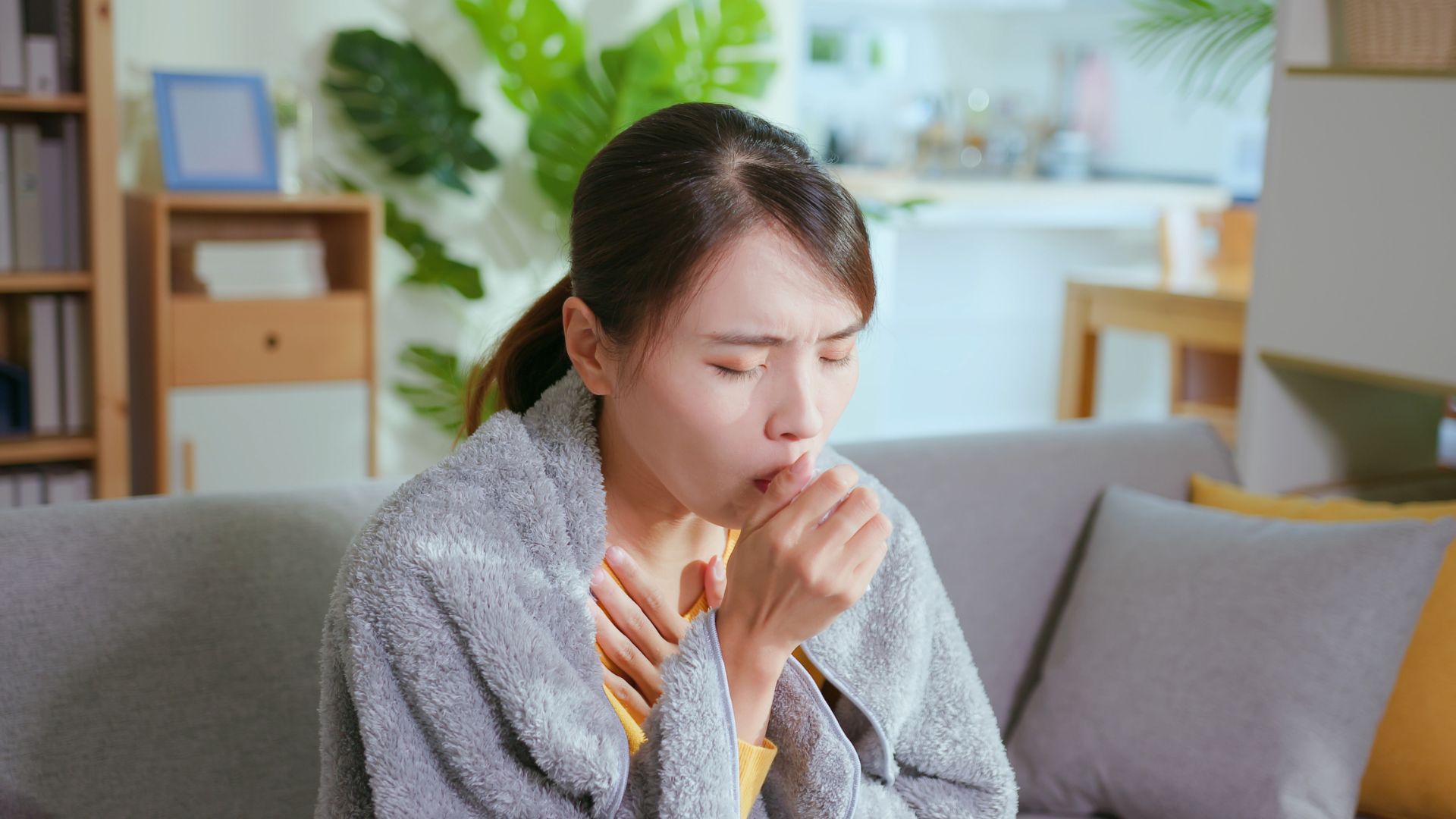
08 Jun Pneumonia: Symptoms and Treatments for the Acute Respiratory Tract Disease
Pneumonia is a lower respiratory infection that affects the lungs. It remains in the top 10 leading causes of death globally, including chronic obstructive pulmonary disease. Pneumonia can be more severe for young children, older people, and those with weakened immune systems
Symptoms of Pneumonia
Cases of the disease can be mild or life-threatening. Mild cases have symptoms like the common cold or flu but may last longer.
Here are other symptoms of the respiratory infection:
- Chest pain when breathing or coughing
- Fatigue
- Adults aged 65 and older may experience mental confusion or changes in mental awareness
- Shortness of breath
- Nausea or vomiting
- Older adults and those with weaker immune systems may experience lower body temperature
- Fever, sweating, and chills.
Seek consultation if you experience below symptoms
- Difficulty breathing
- Chest pain
- Persistent fever with a temperature of 39 °C
- Persistent coughing with pus
Prevention for Pneumonia
There are ways to prevent contracting pneumonia, which includes getting vaccinated. However, some people should not get the vaccine.
Those who are allergic to the vaccine should avoid it. Pregnant women and people with severe colds or flu are not encouraged to take it.
Proper handwashing, adopting healthy habits, and avoiding exposure to people who are ill can prevent you from getting pneumonia.
Treatment for Pneumonia
Treatments depend on the severity of your pneumonia, including your age and overall health. Some of the treatments include:
- Antibiotics: Physicians prescribe antibiotics to treat bacterial pneumonia. It is best to have a follow-up consultation with your doctor if symptoms persist after taking your prescribed antibiotics.
- Cough medicine: It quells coughing so that the patient can rest.
- Fever reducers or pain relievers: physicians give these for fever and discomfort.
You can recover quickly and avoid complications of pneumonia by:
- Resting: getting plenty of rest is important when it comes to recovering from pneumonia. Health experts suggest that you should not return to school or work until your temperature goes back to normal and you do not have any mucus in your coughs anymore. Pneumonia is a condition that can recur. When in doubt, ask your doctor.
- Getting lots of water: staying hydrated helps your lungs loosen up your mucus.
- Take your medicine: take your medications based on your doctor’s prescription. Stopping too early might result in your lungs harboring bacteria that may cause pneumonia to recur.
SOURCES: https://www.mayoclinic.org/diseases-conditions/pneumonia/diagnosis-treatment/drc-20354210
https://www.who.int/westernpacific/health-topics/pneumonia
https://www.who.int/news-room/fact-sheets/detail/the-top-10-causes-of-death



